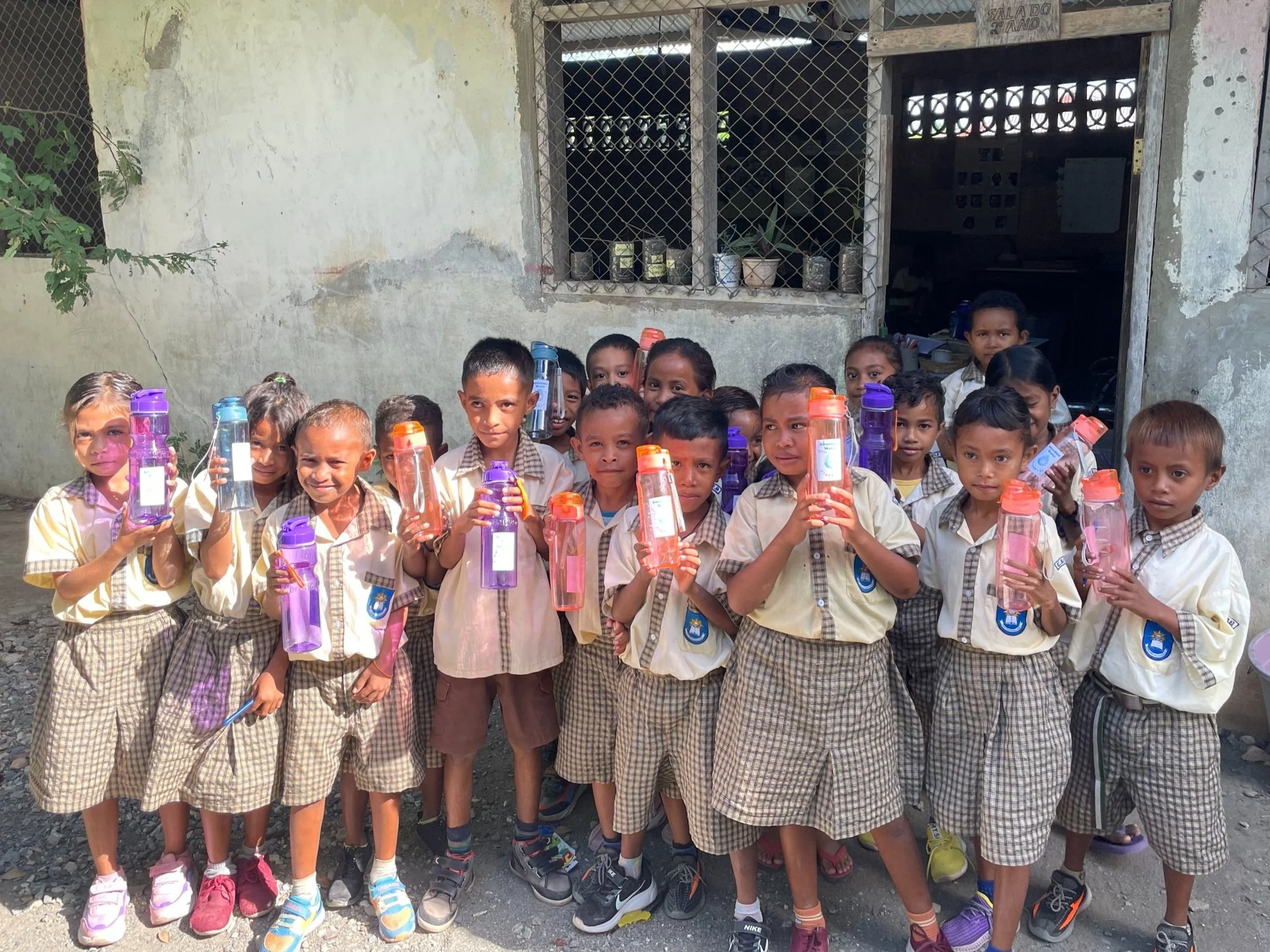In January, Abundant Water signed a new project in partnership with the Australian National University (ANU) and Engineers Without Borders (EWB). Funded in large part by the Australian Department of Foreign Affairs and Trade (DFAT), the project aims to see 1,000 water filters distributed in schools and communities across the Baucau and Manatuto districts of Timor-Leste.
Project objectives are being achieved with flying colours. In only two weeks, the newly-trained Timorese vendors have delivered 345 filters to the designated districts. At this rate, Abundant Water expects to meet the target sale of 1,000 filters by mid-July – just five months after the project’s inception!
Above: Group photo after vendor training, 12/05/2022. Vendors have been making huge strides in their water filter sales, receiving their share of the profits made.
Abundant Water’s primary responsibilities in the project have included guidance over filter installations in schools, vendor recruitment and training, and ensuring ongoing beneficiary support. Throughout the project, EWB will undertake baseline, midline, and endline surveys from both targeted schools and local customers. This research will help determine improvements in water quality, correct filter cleaning procedures, and the development of newer filter models.
The successes seen from the project thus far have inspired even greater ambitions in the region. EWB is currently developing bigger filter sets to be used in institutions and large-scale facilities. Alongside this, Abundant Water hopes to expand our local offices, where more filters can be safely housed.
Above: Filter demonstration to teacher and students in EBC Binagari Vemasse
“This collaboration with the ANU and EWB is providing Abundant Water with a brilliant opportunity to support schools and wider communities in rural areas in Manatuto and Baucau municipalities in Timor-Leste. By providing ceramic water filters in schools we are providing children with access to safe drinking water, where previously they had no access or were drinking contaminated water.”
- Emily Grazebrook, Timor-Leste Program Supervisor.
Young children and school-aged pupils are largely affected by the consumption of contaminated water, which has detrimental impacts on their health and school attendance. As the project continues, we hope to see further reductions in sickness from waterborne diseases, and many happier, healthier communities!
Above: Class with their new water bottles in EBF Beboro Laleia
For more information on this project, please check out this article published by the ANU.




